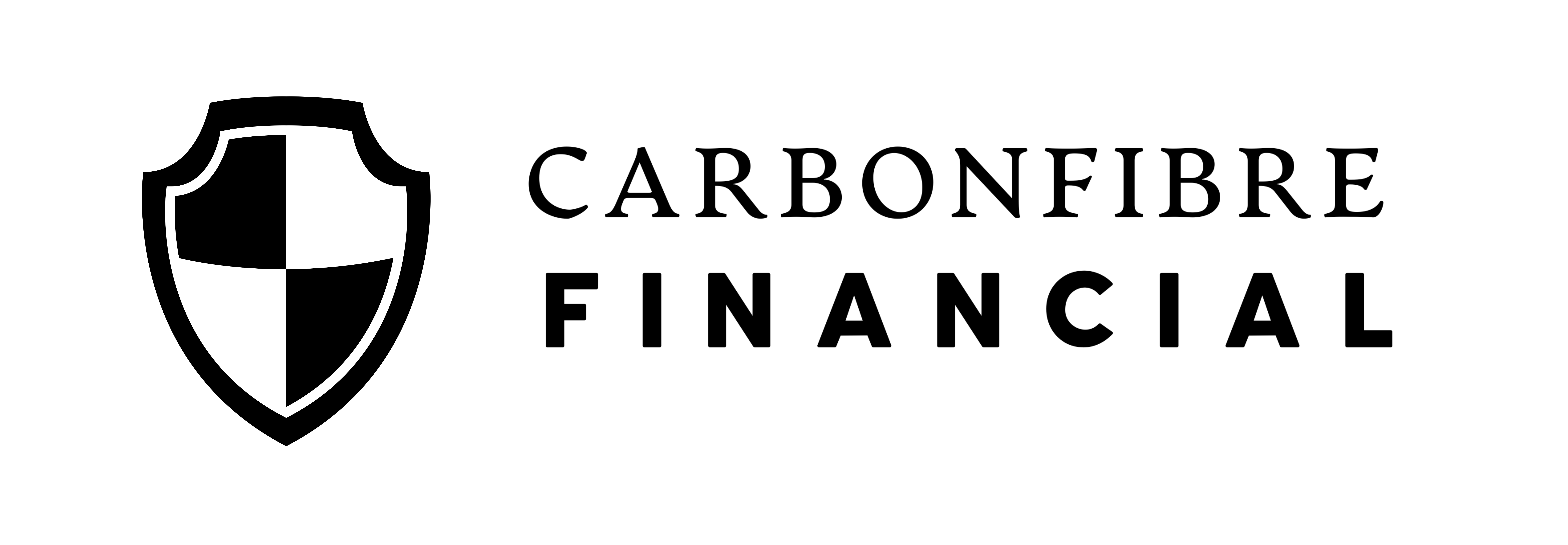Whole Life Insurance for High-Income Professionals and Their Corporations
Pros and Cons
When it comes to financial planning, high-income professionals often face unique challenges and opportunities. One financial product that frequently comes up in discussions is whole life insurance. Whole life insurance can be an excellent choice for individuals and their professional corporations, but it’s essential to understand both the advantages and disadvantages before making a decision.
The Pros of Whole Life Insurance
Tax-Advantaged Growth
One of the most appealing aspects of whole life insurance is its tax-advantaged growth. The policy’s cash value can grow over time without incurring immediate tax liabilities. For high-income individuals in higher tax brackets, this can be a significant benefit. It allows you to accumulate wealth within the policy while deferring taxes until you make withdrawals or take out loans against the policy.
Permanent Coverage
Whole life insurance provides lifelong coverage. This means that no matter when the insured individual passes away, the beneficiaries will receive a death benefit. This certainty can be particularly important for high-income professionals who want to ensure that their loved ones are financially protected.
Asset Protection
In some cases, the cash value of a whole life insurance policy can be protected from creditors. This feature provides an additional layer of financial security for high-income professionals, especially those who may have concerns about potential legal claims or liabilities.
Dividend Potential
Some whole life insurance policies pay dividends. These dividends can be used in several ways, including increasing the policy’s cash value, purchasing additional coverage, or receiving them as income. For high-income individuals, this extra income stream can be a valuable financial tool.
Whole life insurance can be a valuable financial tool … however, it’s crucial to weigh these benefits against the drawbacks
The Cons of Whole Life Insurance
Costly Premiums
One of the significant drawbacks of whole life insurance is the high premiums. The cost of coverage is typically more expensive than that of term life insurance. This can be a substantial financial commitment for high-income individuals who may have other financial goals and obligations.
Complexity
Whole life insurance policies can be complex. Understanding all the features, fees, and investment components can be challenging without professional guidance. It’s essential to work with an experienced advisor who can help you navigate the intricacies of these policies.
Lower Investment Returns
While whole life insurance offers tax-advantaged growth, the returns on the cash value component may not match those of other investment options, such as stocks or mutual funds. For high-income professionals looking for maximum returns on their investments, this could be a drawback.
Limited Flexibility
Once you commit to a whole life insurance policy, it can be challenging to change or surrender it without financial penalties. This lack of flexibility can be a drawback if your financial situation or goals change over time.
Opportunity Cost
High-income professionals often have access to better investment opportunities elsewhere. Money used to fund a whole life policy could potentially yield higher returns in other investments, making it important to consider the opportunity cost.
Considerations for High-Income Professionals
Before deciding on whole life insurance, there are several key considerations for high-income professionals:
-
The Need for Lifelong Coverage: Assess whether you have a genuine need for lifelong coverage. If you have dependents or want to ensure your estate’s liquidity, whole life insurance can be a valuable asset.
-
Managing Higher Premiums: Determine if you can comfortably manage the higher premiums associated with whole life insurance, especially considering your current financial obligations and goals.
-
Long-Term Financial Planning: Consider how whole life insurance fits into your long-term financial plan. It should align with your overall financial strategy and estate planning objectives.
-
Estate Planning Benefits: If estate planning is a priority, whole life insurance can play a significant role in passing on wealth to your heirs efficiently.
Corporate Ownership of Whole Life Insurance
For high-income professionals who operate through professional corporations, there’s an additional option to consider: corporate ownership of whole life insurance policies. Professional corporations can purchase and own these policies, potentially offering several advantages:
-
Tax Benefits: Corporations may be able to deduct the premiums paid for the policy as a business expense, leading to tax benefits for the corporation and its owners.
-
Wealth Accumulation: The policy’s cash value can accumulate within the corporation, providing a unique avenue for wealth accumulation and retirement planning.
-
Key Person Insurance: Corporations can use whole life insurance as key person insurance to protect against the financial impact of losing a critical employee, such as the owner or a key executive.
It’s essential to consult with a tax professional or financial advisor when exploring the option of corporate-owned whole life insurance. They can provide guidance on the specific advantages and tax implications based on your corporate structure and financial goals.
Conclusion
Whole life insurance can be a valuable financial tool for high-income professionals and their corporations, offering tax-advantaged growth, permanent coverage, asset protection, and dividend potential. However, it’s important to weigh these benefits against the drawbacks, including costly premiums, complexity, and limited flexibility. High-income professionals should carefully consider their financial goals, risk tolerance, and long-term plans when deciding whether whole life insurance is the right choice for them. Additionally, exploring alternatives like term life insurance and diversified investment portfolios can help create a well-rounded financial strategy.
Remember, making informed financial decisions is crucial, and it’s always a good idea to consult with a qualified financial advisor or insurance specialist to tailor your choices to your unique circumstances and goals.
